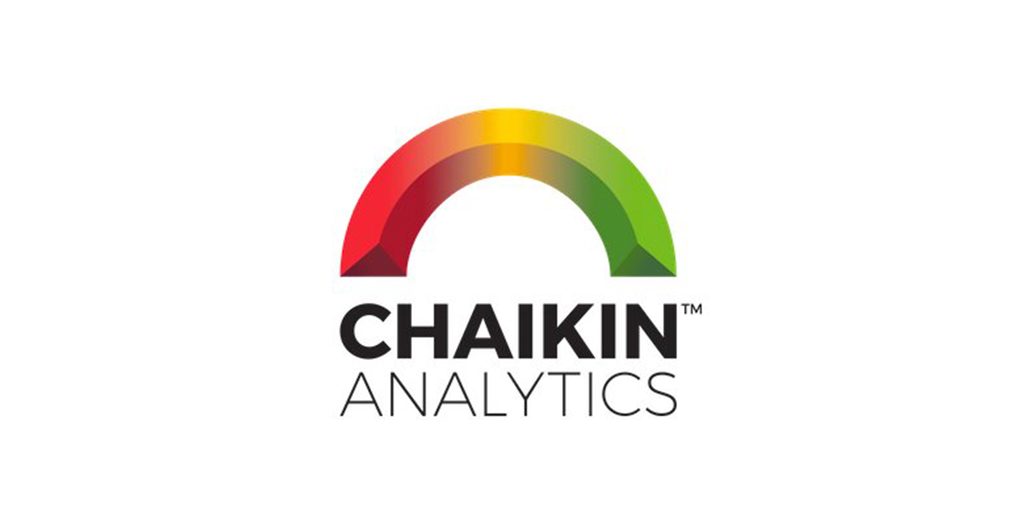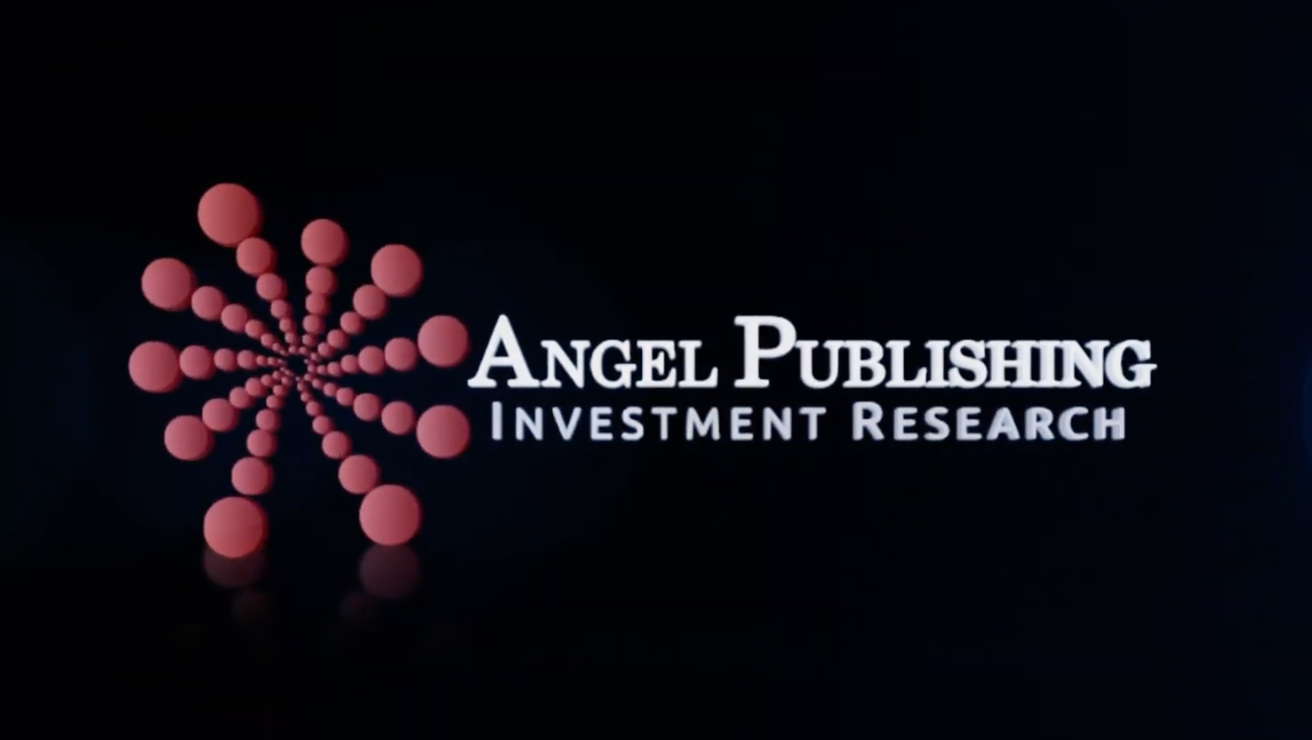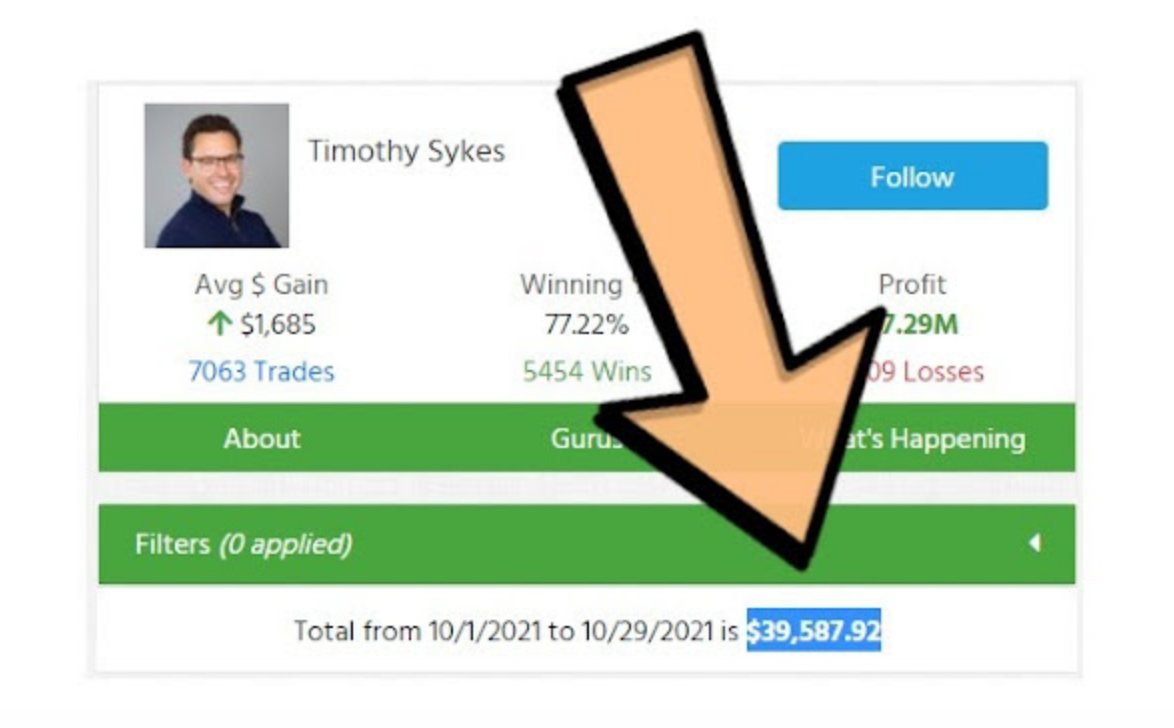
The Power Gauge by Chaikin Analytics
When it comes to the stock market, no one has a crystal ball.
In an online video ad published on investorplace.com, “America’s Top Trader” Eric Fry warns that the AI revolution will only increase financial inequality but that the investment research he provides will land you “on the right side of the wealth gap.”
Specifically, Fry says that he has compiled reports about which AI stocks to invest in and which to avoid, giving consumers “multiple chances to make as much as 10 times [their] money.” The best part? The reports are “completely free.”
The reality? Well, first of all, the reports are not free. In order to access them, you need to sign up for Fry’s Investment Report newsletter, which costs $49 per year.
In addition, if you happen to read the disclosures and details page linked in a paragraph of fine print below the video, you might see that it states that, “The first thing to know about our business is that we are NOT money managers, brokers or fiduciaries of any kind.” It continues:
Our published work is NOT a low-price replacement for an experienced money manager, broker, or investment advisor. Instead, we are a publishing company and the indicators, strategies, reports, articles, and all other features of our products are provided for informational and educational purposes only. Under no circumstances should you construe anything that appears in our newsletters, reports, or on our website as personalized investment advice. … You shouldn’t make any investment decision based solely on what you read here.
Finally, despite Fry devoting the video (which was flagged by a TINA.org reader) to how much wealth you’ll create off his stock tips, the disclosure page states, “It is very unlikely (though it does happen from time to time) that you will become wealthy from trading stocks, bonds, options, commodities, or other financial instruments.”
In October 2021, the FTC warned more than 1,100 companies that pitch money-making opportunities that:
Claims of “potential” earnings imply that such earnings are representative of what the typical participant achieves. Before making such a claim regarding potential earnings (e.g., via a testimonial of a well-paid member), the advertiser must possess adequate substantiation that the experience described is representative of what participants will generally achieve. If the claim is not representative, the advertisement must avoid giving that impression.
The FTC also says that fine print isn’t supposed to contradict other statements in ads or clear up false impressions the ad might leave and it cannot be used to cure false or misleading ad claims. In addition, disclosures of important information must be conspicuous (i.e., not buried in a document linked in the fine print).
Some additional red flags:
The bottom line? Consumers looking to increase their wealth should talk to an independent financial advisor before acting on any of Fry’s “hot stock tips” and, as always, read the fine print.
Find more of our coverage on investing here.
Our Ad Alerts are not just about false and deceptive marketing issues, but may also be about ads that, although not necessarily deceptive, should be viewed with caution. Ad Alerts can also be about single issues and may not include a comprehensive list of all marketing issues relating to the brand discussed.
When it comes to the stock market, no one has a crystal ball.
Investment newsletter publisher needs to clip its wings.
“Free” offer is apparently tied to a subscription that isn’t free.


